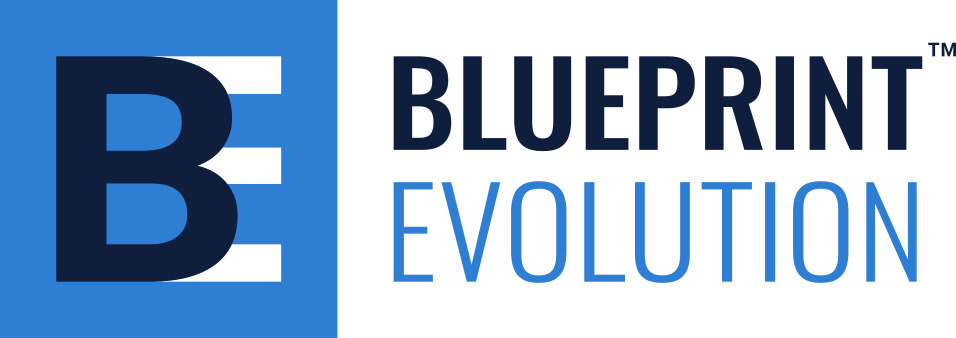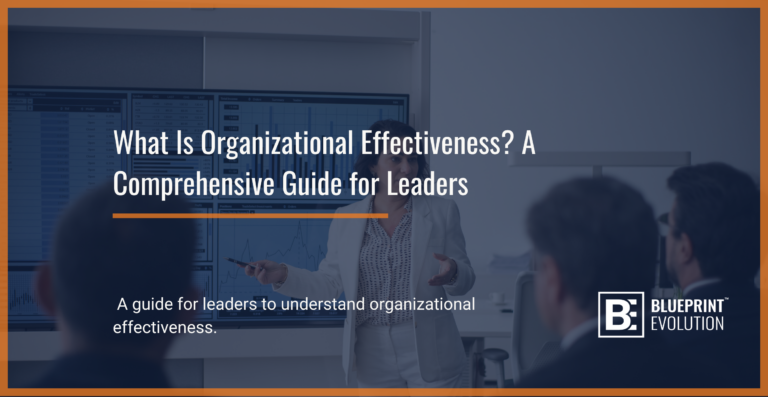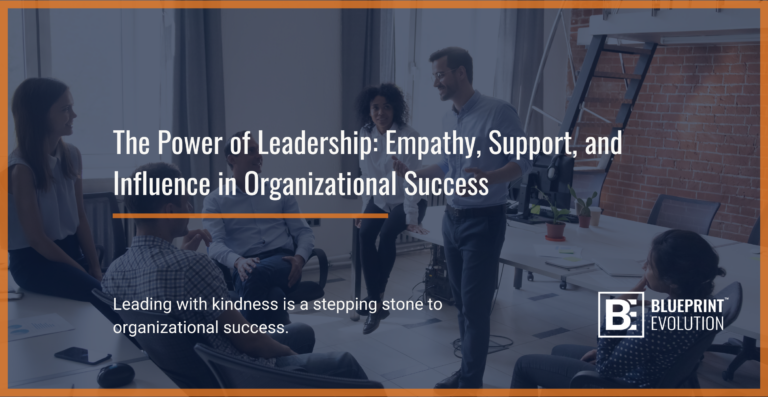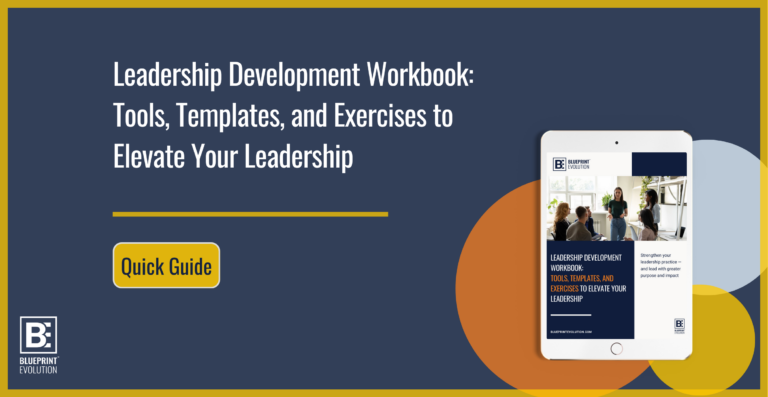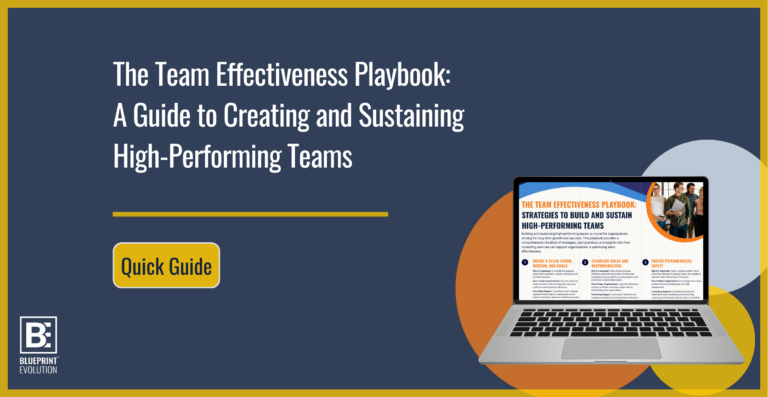Elevate Your Organization with a Strong Culture and Clear Values
In today’s dynamic business landscape, an organization’s culture and values are more than just statements—they are the driving force behind every decision, interaction, and outcome. Building a strong, cohesive culture is essential for achieving organizational effectiveness and ensuring long-term success.
Why Culture and Values Matter
Culture and values influence how employees interact, approach their work, and stay committed to your company’s mission. When your culture is well-defined and aligned with organizational goals, it creates a positive workplace environment that fosters collaboration, innovation, and employee satisfaction.
Companies with highly engaged employees who resonate with the organizational culture experience a 21% increase in profitability and a 17% boost in productivity. Furthermore, organizations that prioritize culture and values report a 30% higher employee retention rate, reducing turnover costs and preserving valuable institutional knowledge.

The Blueprint Impact
- Enhanced Employee Engagement: When employees resonate with the company’s values, they are more engaged, motivated, and committed to their work.
- Improved Collaboration: A cohesive culture encourages open communication and teamwork, leading to more innovative and effective solutions.
- Increased Retention: A strong culture that aligns with employees’ personal values leads to higher job satisfaction and loyalty.
- Better Performance: Aligning culture and values with organizational goals directly contributes to improved business performance and achieving strategic objectives.

- Structures & Roles
-
Examining the organizational structure and defining roles and responsibilities is crucial for organizational effectiveness because it ensures that departments, teams, and individuals are optimally organized and interact efficiently. Clarifying roles and improving the structure enhances coordination, streamlines workflows, and optimizes performance. This alignment helps prevent confusion, reduces redundancy, and ensures that all parts of the organization work cohesively towards common goals, ultimately improving overall productivity and effectiveness.
- Processes & Workflows
-
Evaluating and designing efficient processes and workflows is essential for organizational effectiveness because it directly impacts productivity and operational efficiency. Analyzing how work is carried out, identifying bottlenecks, and streamlining procedures helps to eliminate redundancies and improve coordination. This optimization enhances overall efficiency, reduces errors, and accelerates achievement of organizational goals, leading to better performance and competitive advantage.
- Culture & Values
-
Assessing the organizational culture and values is vital for organizational effectiveness because it influences the workplace environment and employee interactions. Understanding the shared beliefs, behaviors, and values that define the culture helps ensure alignment with organizational goals and fosters a positive work atmosphere. A strong, cohesive culture enhances employee engagement, drives collaboration, and supports retention, ultimately contributing to improved performance and achieving strategic objectives.
- Communication & Collaboration
-
Examining communication channels and collaboration mechanisms is crucial for organizational effectiveness as it affects the flow of information and decision-making processes. Assessing these elements helps uncover gaps or inefficiencies in how teams and departments interact. Effective communication and collaboration improve coordination, strengthen relationships, minimize misunderstandings, and create a more agile organization, ultimately enhancing problem-solving, driving innovation, and boosting overall performance.
- Performance Metrics & Evaluation
-
Establishing and evaluating key performance indicators (KPIs) is crucial for organizational effectiveness because it provides a quantifiable measure of performance against set goals. Setting benchmarks and monitoring progress help track achievements and identify areas for improvement. Regular reviews of performance ensure that the organization stays aligned with its objectives, enabling timely adjustments and driving continuous improvement for better outcomes.
